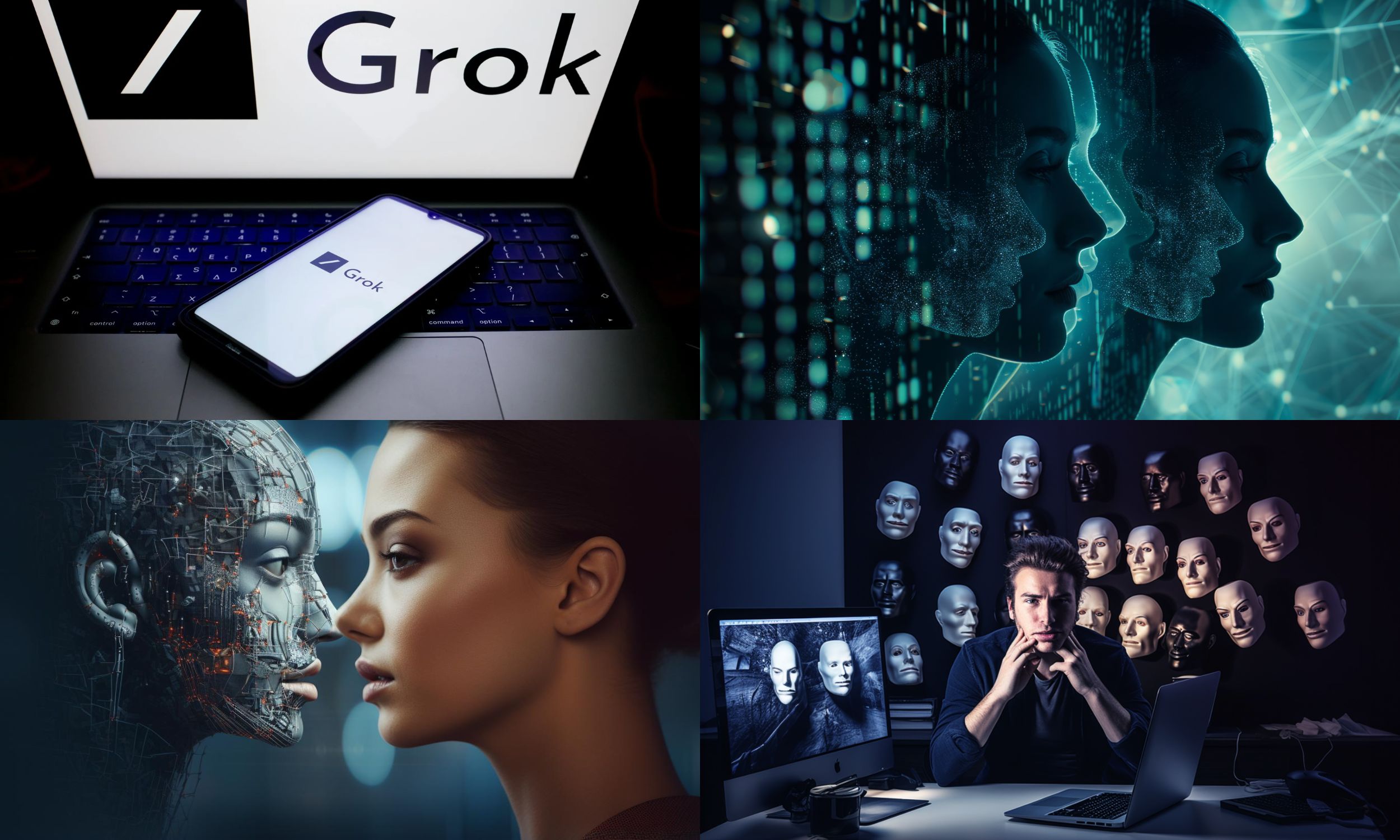A coalition of Democratic legislators is urging the Federal Election Commission (FEC) to tighten regulations on AI-generated deepfakes following the recent introduction of X’s chatbot, Grok. In a letter sent to the FEC on Monday, Rep. Shontel Brown (D-Ohio) and several colleagues requested clarity on whether deepfakes involving election candidates constitute “fraudulent misrepresentation.”
Their call supports a July 2023 petition from Public Citizen, a progressive advocacy group, which has been pushing for new rules addressing deceptive AI practices in political campaigns amid growing alarm over deepfake technology’s potential to mislead voters.

Deepfake technology can create hyper-realistic images, audio, and video, altering likenesses and voices with alarming accuracy. The lawmakers expressed concern about the potential for deepfakes to spread misinformation, referencing recent misuse of Grok-2, X’s new AI image generator.
They highlighted instances where fake images of Vice President Harris and former President Trump have been circulated on social media, including manipulated images of Taylor Swift and her fans purportedly supporting Trump.
The letter was also signed by Reps. Eleanor Holmes Norton (D.C.), Greg Landsman (Ohio), Summer Lee (Pa.), and Seth Magaziner (R.I.).
In response, Sean Cooksey, the FEC’s Republican chair, criticized the request, asserting that regulating AI technology could infringe upon free speech rights. Cooksey, who has previously opposed FEC regulation of AI, argued that such measures could stifle political expression and that elections should be determined through open debate and voting, not by restricting new technologies.
The FEC had planned to vote on halting AI regulation but postponed the meeting scheduled for August 15. It is now set to revisit the proposal in an upcoming meeting on Thursday.
Grok, available only to X’s premium subscribers, has faced criticism for spreading false information about election deadlines. In response to warnings from secretaries of state, it now directs users to Vote.gov when queried about election terms. Concerns about misinformation on X have increased since Elon Musk’s acquisition of the platform in 2022, with critics noting a rise in hate speech and misleading content due to relaxed moderation policies.


